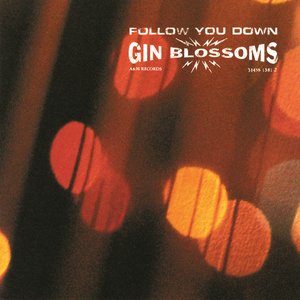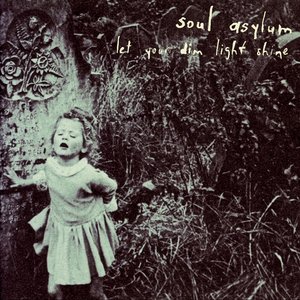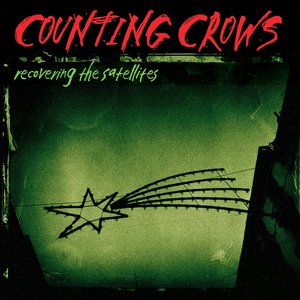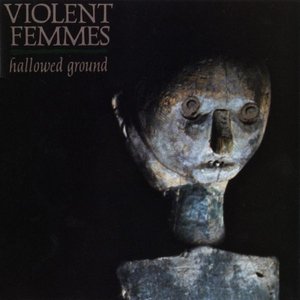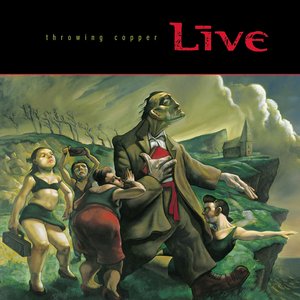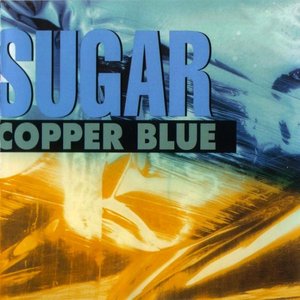Wiki
-
Release Date
1 January 1983
-
Length
12 tracks
The debut album from Athens, Georgia band R.E.M., Murmur was an immediate underground smash, with "Radio Free Europe" topping the college radio charts and "Catapult" following it into the top 10. The album is considered a key release in the revival of underground guitar rock and the transition from post-punk and new wave to alternative rock.
Murmur is the debut album by the American alternative rock band R.E.M., released in 1983 on I.R.S. Records. Murmur drew critical acclaim upon its release for its sound, defined by singer Michael Stipe's cryptic lyrics, guitarist Peter Buck's jangly guitar style, and bassist Mike Mills' melodic basslines.
R.E.M. started recording its debut album in December 1982. I.R.S. paired R.E.M. with producer Stephen Hague, who had a higher profile than the band's previous producer Mitch Easter. Hague's emphasis on technical perfection did not suit the band; the producer made the group perform multiple takes of the song "Catapult", which demoralized drummer Bill Berry. Also, Hague took the completed track to Synchro Sound studios in Boston and added keyboard parts to the track without the band's permission and to their dismay.
Unsatisfied, the band members asked the label to let them record with Easter. I.R.S. agreed to a "tryout" session, allowing the band to travel to North Carolina and record the song "Pilgrimage" with Easter and producing partner Don Dixon. After hearing the track, I.R.S. permitted the group to record the album with Dixon and Easter. R.E.M. entered Reflection Studios in Charlotte, North Carolina in January 1983 to begin recording sessions with Easter and Dixon. Much of the band's material for the album had been tested on preceding tours. Because of its bad experience with Hague, the band recorded the album via a process of negation, refusing to incorporate rock music clichés such as guitar solos or then-popular synthesizers, in order to give its music a timeless feel. Berry in particular was resistant to "odd" musical suggestions, insisting that his drums be recorded in a drummer's booth, a practice that was antiquated at the time. Dixon and Easter took a hands-off approach to much of the recording process. The pair would only fix up a vocal track or ask singer Michael Stipe to re-record a vocal if it was very substandard.
Album descriptions on Last.fm are editable by everyone. Feel free to contribute!
All user-contributed text on this page is available under the Creative Commons Attribution-ShareAlike License; additional terms may apply.

